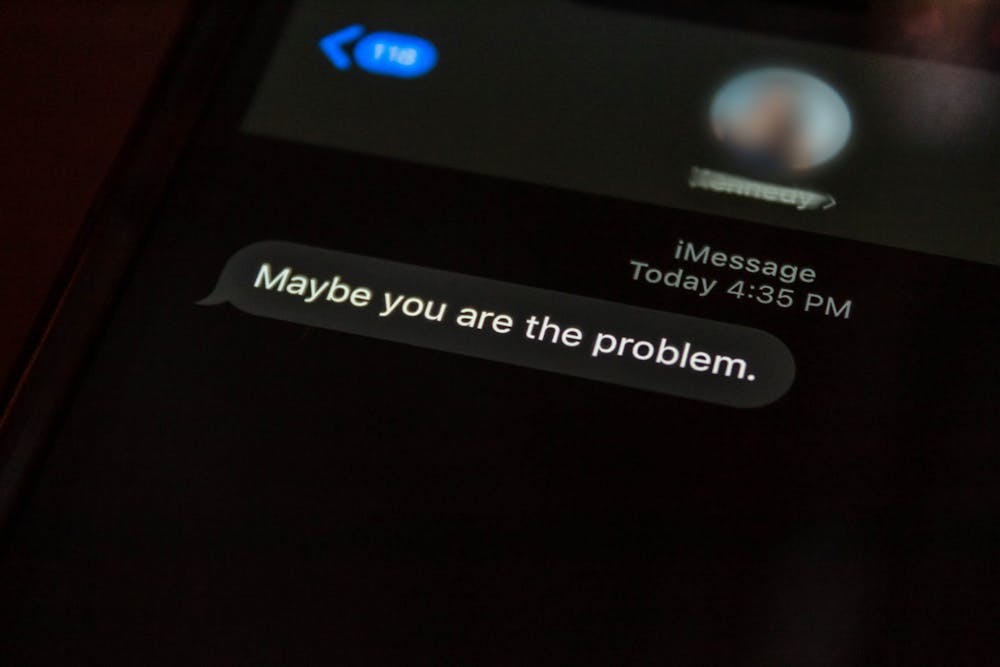My middle and high school years were riddled with unstable friendships, constant drama, toxicity and an overall inability to keep a solid relationship for more than a few years. I would come home and wonder: Why am I losing friends? Why doesn’t anyone want to talk to me? Why is everyone turning against me? Why are people being cold toward me when I did nothing wrong?
I periodically went to therapy and had seen about three different therapists by the end of high school. I would spend all of my sessions pouring out all of my feelings, trying to process why the greatest friendship that I had crumbled away and how it happened to me. And I would leave every session wondering why I felt like I hadn’t made any progress.
It wasn’t until I had realized that therapy was no longer serving me and decided to stop going that I had an epiphany, the one thing that none of my therapists ever would have told me:
Maybe I’m the problem.
It seems like such a simple realization. One that Taylor Swift slyly sings about in her recent single, “Anti-Hero.” But it took a long time for me to realize that the common denominator in all of the problems of my social life was actually me.
Hearing all of this, I know it’s easy to think, “that’s not me, though,” or “my situation is different” — but I thought the exact same thing.
I used to function under the idea that everything happened to me and that my life was just a series of unfortunate events. I had an eternal victim complex.
I’m not big on cheesy motivational-speaker life-coach quotes, but one thing that has always stuck with me is author John C. Maxwell’s principle, “The Bob Principle.” We all know a person who seems to have a problem with everyone, yet they are so sure that they are never the root of that problem.
The way that Maxwell puts it, when Bob has a problem with everyone, Bob is usually the problem.
Think about it objectively: do you really think that every single person around you is the issue and it’s not just your perspective?




